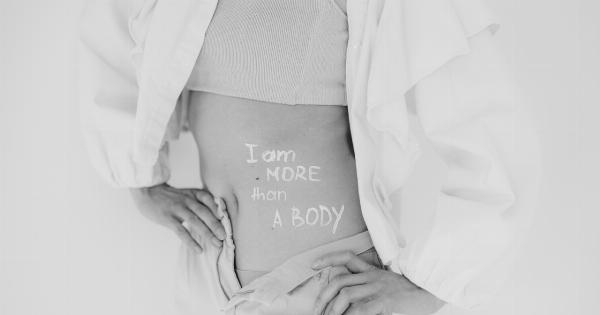Posture refers to the position of your body when you are standing, sitting, or lying down. Self-esteem is the evaluation of your worth or value as a person.
While these two things may seem unrelated, there is actually a strong link between posture and self-esteem.
Understanding Posture
Posture is not just about how you look. Good posture is important for keeping your body healthy and functioning properly.
This includes maintaining the natural curves of your spine, keeping your shoulders and hips level, and distributing your weight evenly between your feet.
When you have good posture, you will feel more comfortable and have less pain. Good posture can also improve your breathing, digestion, and circulation. It can even make you look taller and more confident.
The Effects of Poor Posture
Poor posture, on the other hand, can have negative effects on your health. When you slouch or hunch over, you compress your organs and cause your muscles to work harder than they need to. This can lead to chronic pain, fatigue, and even injuries.
In addition to physical problems, poor posture can also affect your mental and emotional health. When you slouch, you send a message to your brain that you are weak, tired, or defeated. This can lead to feelings of low energy, sadness, or anxiety.
The Benefits of Good Posture
When you have good posture, you look and feel better. Good posture projects confidence, strength, and vitality. It also improves your body language, making you more attractive and approachable to others.
Having good posture can also boost your self-esteem. When you stand up straight and tall, you feel more assertive and in control.
This can help you feel more confident when interacting with others, whether it is in the workplace, social situations, or romantic relationships.
Improving Your Posture
If you have poor posture, don’t worry – it is not too late to improve it. You can start by becoming more aware of your posture throughout the day.
Whenever you catch yourself slouching or hunching over, make a conscious effort to straighten up and engage your core muscles.
In addition to being aware of your posture, there are exercises and stretches that can help improve it.
Strengthening your core muscles, stretching your chest and shoulders, and doing yoga or Pilates can all help improve your posture and reduce pain and discomfort.
The Role of Self-Esteem
While good posture can improve your self-esteem, the reverse is also true. People with high self-esteem are more likely to have good posture, while those with low self-esteem may struggle with poor posture.
This is because self-esteem affects how we see ourselves and how we present ourselves to others. When we feel good about ourselves, we are more likely to stand up straight and put our best foot forward.
On the other hand, when we feel bad about ourselves, we may slouch, avoid eye contact, or hide our bodies.
Improving your self-esteem can therefore be a key part of improving your posture.
Working on your self-esteem through therapy, self-reflection, or affirmations can help you feel more confident and comfortable in your own skin, which can in turn improve your posture.
In Conclusion
Posture and self-esteem are strongly linked. Good posture can improve your physical health, emotional well-being, and self-esteem.
Improving your posture can also boost your confidence and improve your body language, making you appear more attractive and approachable to others. Similarly, improving your self-esteem can help you stand up straighter and feel more comfortable and confident in your own skin.






























